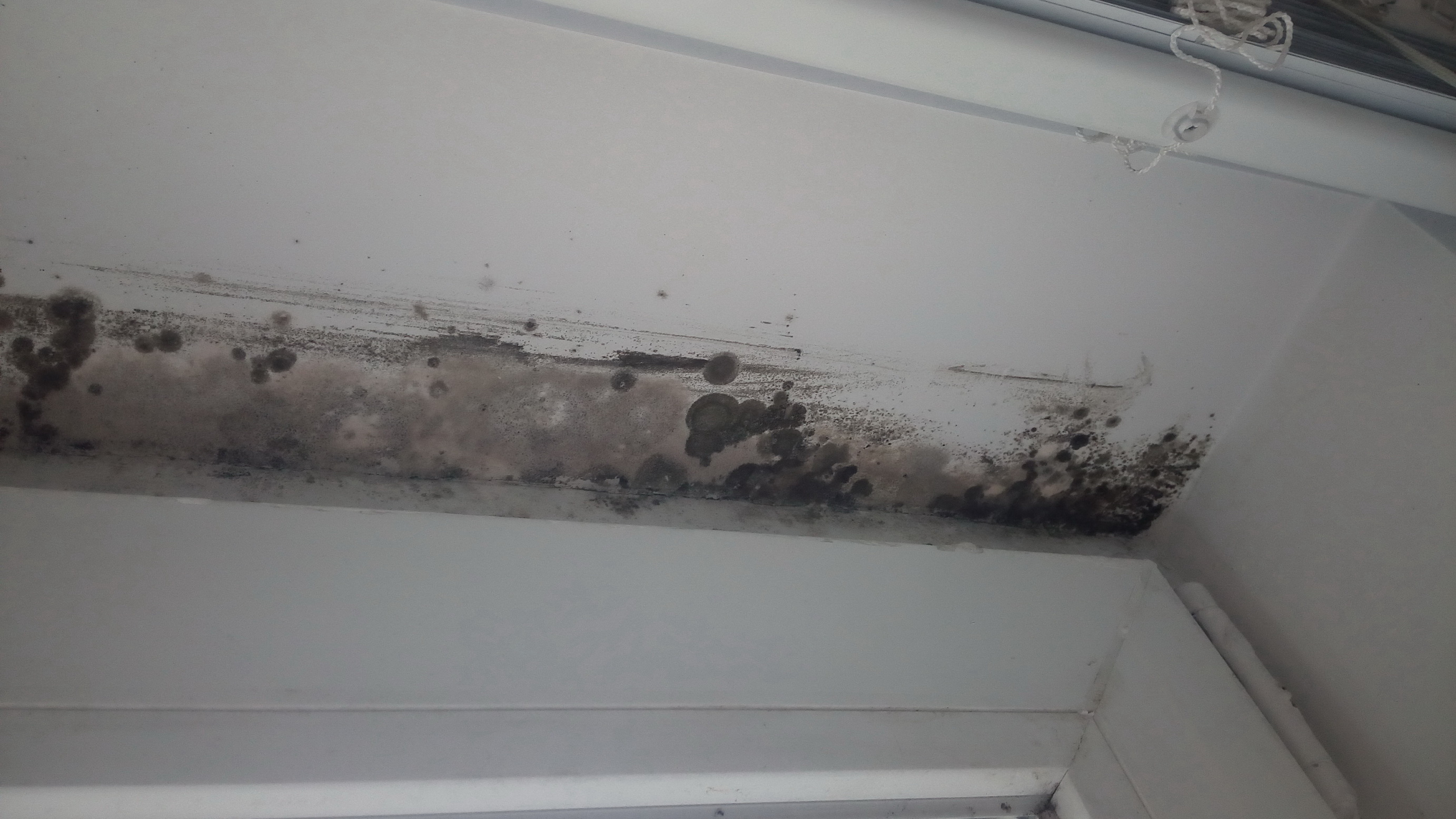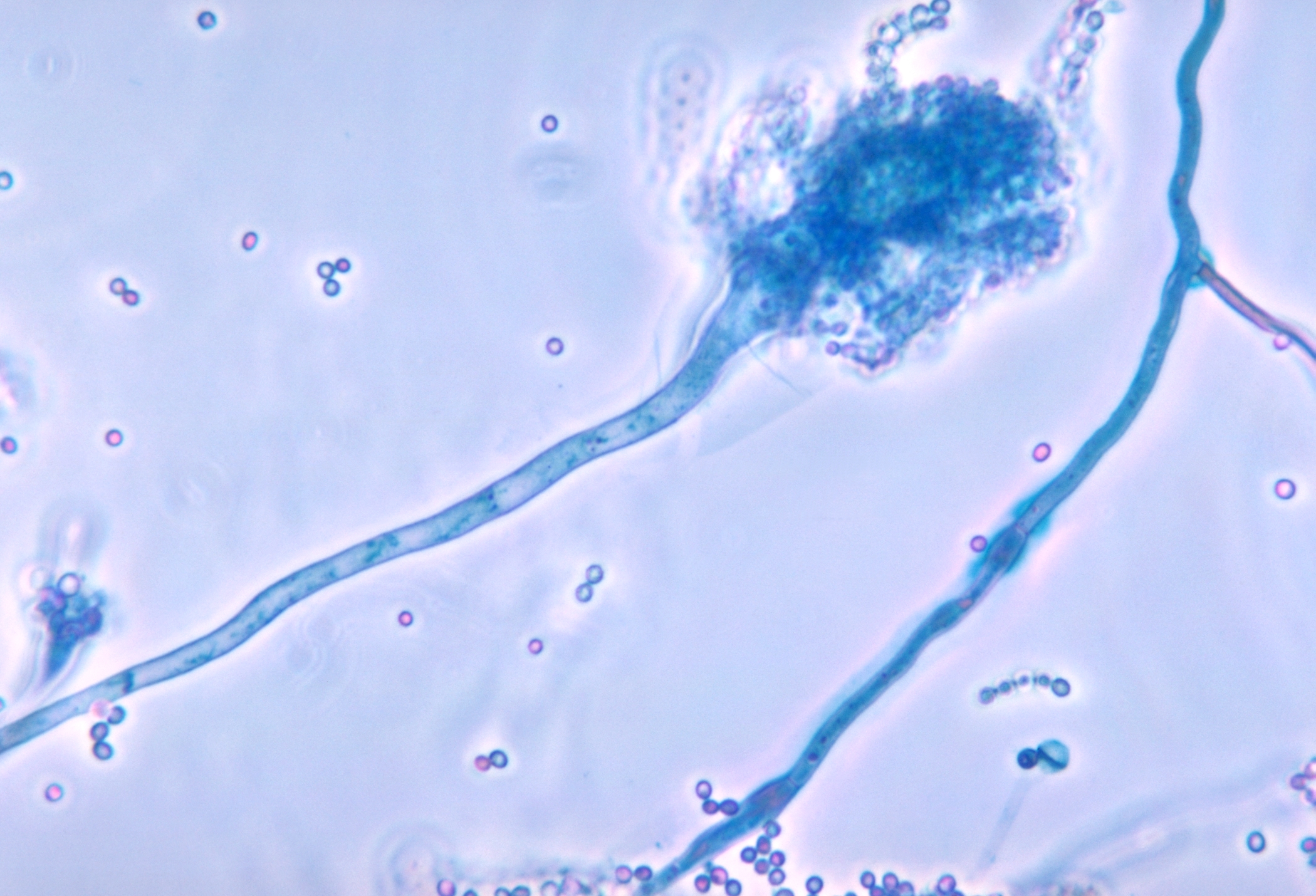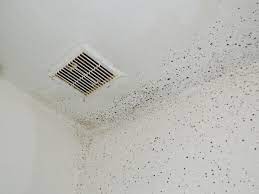Mold is a common issue that many homeowners face, and it can have a significant impact on air quality within a household. Poor air quality can lead to a variety of health problems for you and your family, including respiratory issues, allergies, and even more serious conditions in some cases.
Its essential to take proactive steps to protect your family’s health by addressing any mold growth and improving the overall air quality in your home. In this article, we will discuss the dangers of mold on air quality and provide you with practical tips on how to safeguard your family’s well-being.
Understanding the importance of clean air and how mold can affect it is the first step towards creating a healthier living environment for your loved ones.
Sources of Mold in the Home

There are several common sources of mold in the home that can negatively impact air quality and pose health risks to your family. These sources include leaks in the roof, walls, or plumbing that can create a moist environment for mold to thrive.
Poor ventilation in bathrooms, kitchens, or basements can also lead to excess moisture accumulation, which promotes mold growth. Additionally, damp or wet materials such as carpets, upholstery, or clothing can become breeding grounds for mold if not properly dried out.
It is important to address these potential sources of mold to protect your family’s health and improve the air quality in your home.
Health Risks of Mold Exposure

Exposure to mold can pose significant health risks for individuals, especially for those with underlying respiratory conditions such as asthma or allergies. Mold spores can trigger allergic reactions, respiratory issues, and exacerbate symptoms in susceptible individuals.
Prolonged exposure to mold can also lead to more severe health problems, including lung infections and even chronic lung conditions. It is crucial to address any mold issues in your home promptly to protect your family’s health and prevent potential long-term health consequences.
Proper ventilation, moisture control, and regular inspection can help reduce the risk of mold exposure and ensure a healthy living environment for you and your loved ones.
Tips for Improving Indoor Air Quality

Improving indoor air quality is essential for protecting your family’s health, especially when it comes to preventing mold growth. One tip is to make sure your home is well-ventilated by opening windows and using exhaust fans in kitchens and bathrooms.
Additionally, regularly cleaning and dusting your home can help reduce the number of allergens and pollutants in the air. Using an air purifier can also be beneficial in removing airborne particles and improving the overall air quality.
Lastly, keeping moisture levels low by fixing leaks and using a dehumidifier can help prevent mold growth and maintain a healthy indoor environment for your family. By following these tips, you can create a cleaner and healthier living space for you and your loved ones.
Conclusion
In conclusion, the presence of mold in our homes can significantly impact our indoor air quality and ultimately our family’s health. It is crucial to stay vigilant and take proactive measures to prevent mold growth, such as maintaining proper ventilation, controlling humidity levels, and conducting regular inspections for any signs of mold.
In cases where mold is suspected, it is important to seek professional help, such as Mold Test Tampa, to accurately assess the situation and provide effective solutions. By prioritizing air quality and addressing mold issues promptly, we can ensure a healthier and safer environment for ourselves and our loved ones.


